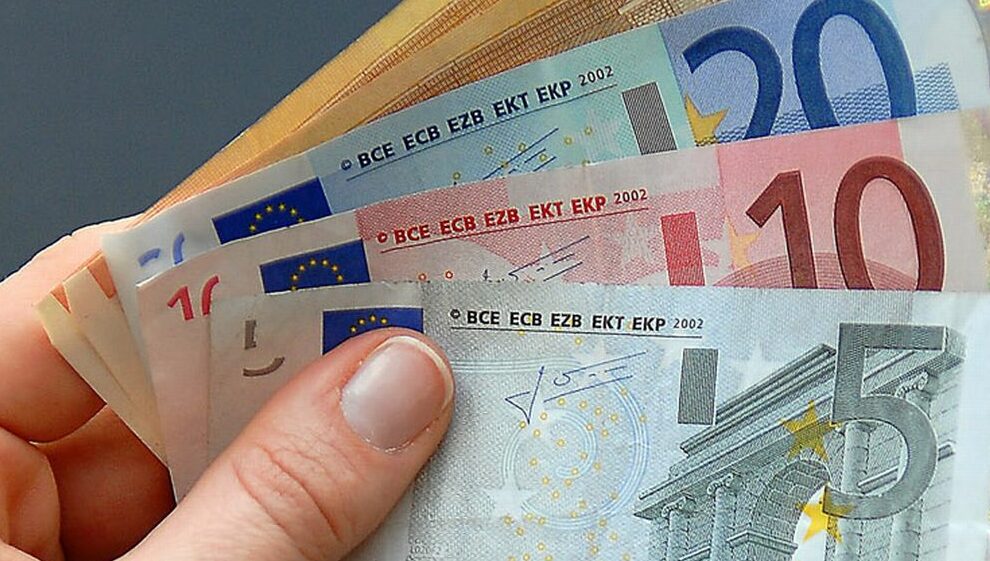Nearly 308,000 counterfeit euro banknotes were withdrawn from circulation in the 2nd half of 2019.
The €20 and €50 notes continued to be the most counterfeited banknotes.
The data says that most counterfeits (96.4%) were found in euro area countries.

According to European Central Bank’s data, approximately 308,000 counterfeit euro banknotes were withdrawn from circulation in the 2nd half of 2019, an increase of 22.7% when compared with the 1st half of 2019 and 17.6% more than in the 2nd half of 2018.
In the second half of 2019, the €20 and €50 notes continued to be the most counterfeited banknotes, jointly accounting for over 70% of all counterfeits.
The data specified that most counterfeits (96.4%) were found in euro area countries.
The rest were found in non-euro area EU Member States (3.0%) and in other parts of the world (0.6%).
There are around 24 billion euro banknotes in circulation, with a total value of close to €1.3 trillion, says the European Central Bank’s data.
Euro banknotes can be verified using the “feel, look and tilt” method.
You can check your notes by using the simple “feel, look and tilt” method described in the “The €uro” section of the ECB’s website and on the websites of the national central banks.
If you receive a suspect banknote, compare it directly with one you know to be genuine.
If your suspicions are confirmed you then should contact the police or your national central bank or your own retail or commercial bank.
The Eurosystem supports law enforcement agencies in their fight against currency counterfeiting.


































































































